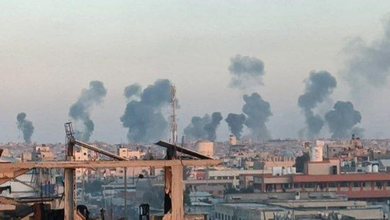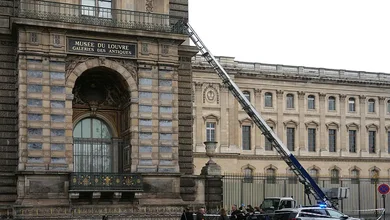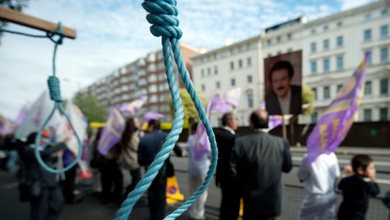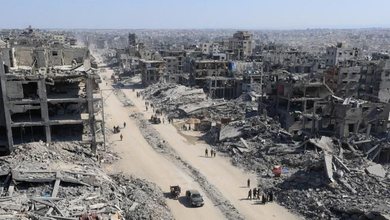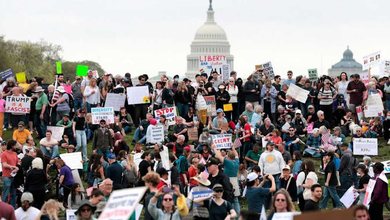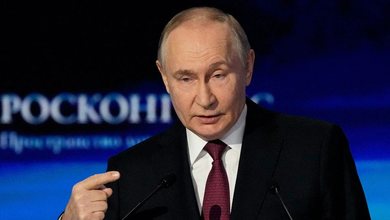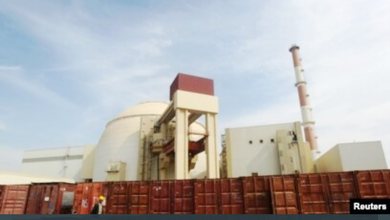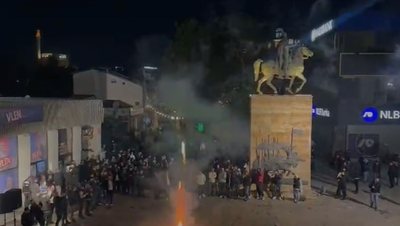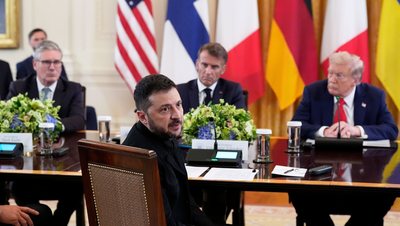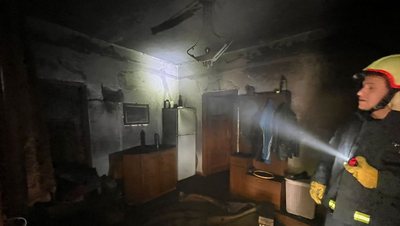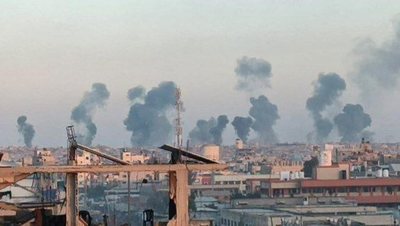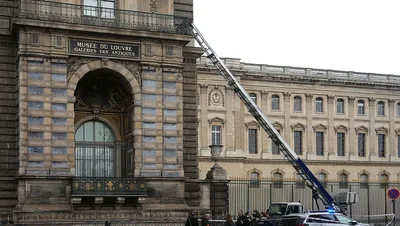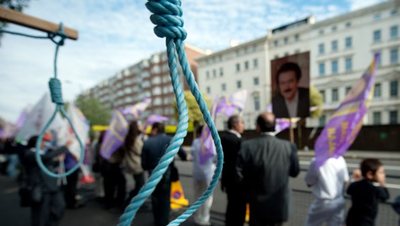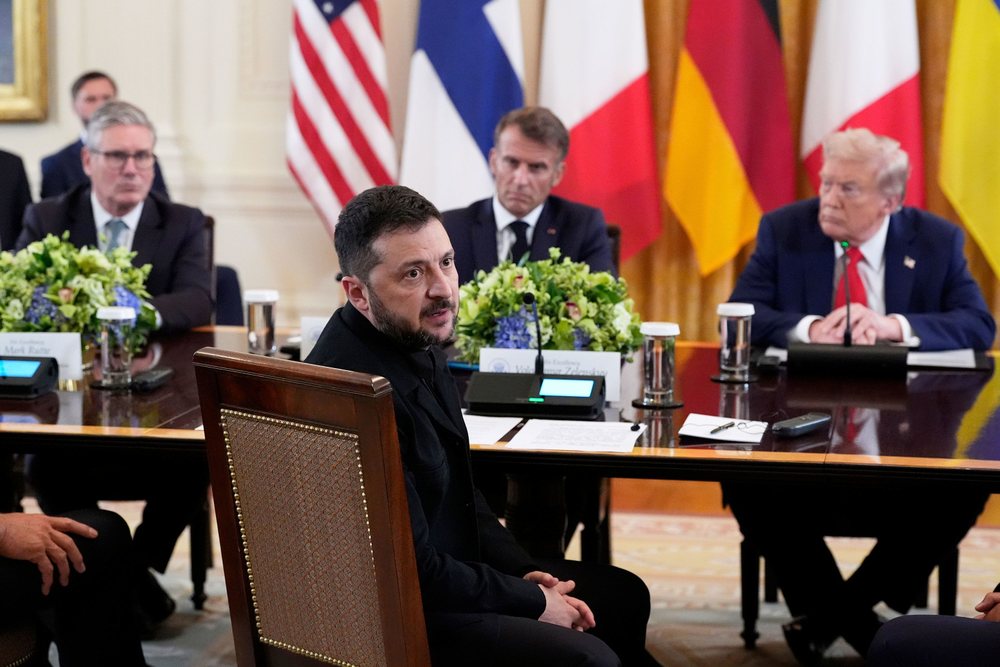
U.S. President Donald Trump hosted Ukrainian President Volodymyr Zelensky at the White House on Friday, part of a renewed effort to end Russia's more than three-year war in Ukraine. Trump, who feels victorious after reaching a ceasefire in the Middle East, expressed optimism about the possibility of ending the Russian-Ukrainian conflict — a war he once declared he could resolve "in a day."
"I am the mediating president and I am mediating a difficult situation," Trump said during his speech to reporters.
The meeting took the form of a working lunch, with Trump and Zelensky sitting across from each other. Initially, the atmosphere in front of the press seemed calm and without any major outbursts between the parties — a welcome change from the tensions of a previous Oval Office meeting in February, which escalated into an open, shouting match between Trump, Vice President Vance, and Zelensky himself.
However, unlike his previous positions, where he had shown growing frustration with Russian President Vladimir Putin and emphasized that Ukraine could regain all the occupied territory, this time Trump appeared more subdued in tone.
During the talks, the US president reportedly urged Zelensky to accept Russia's terms to end the war, warning him that Putin had made it clear he would "destroy" Ukraine if it rejected the deal.
According to a report by the Financial Times, the meeting escalated into “furious debates” between the delegations. Sources present said that at one point Trump threw away maps of the front lines in Ukraine and insisted that Zelensky hand over the entire Donbas region to Putin, repeating some of the demands that the Russian leader had raised in a phone call with him the day before. According to the same sources, Zelensky flatly refused, declaring that Ukraine “will not give up a single inch of sovereign land,” while the American delegation tried to defuse the visibly rising tensions.
The meeting ended without a joint statement and no concrete agreement, while officials from both sides admitted that differences remain "deeply significant."
However, the White House announced that diplomatic efforts will continue to reach "a peaceful and lasting solution" in the coming weeks.


